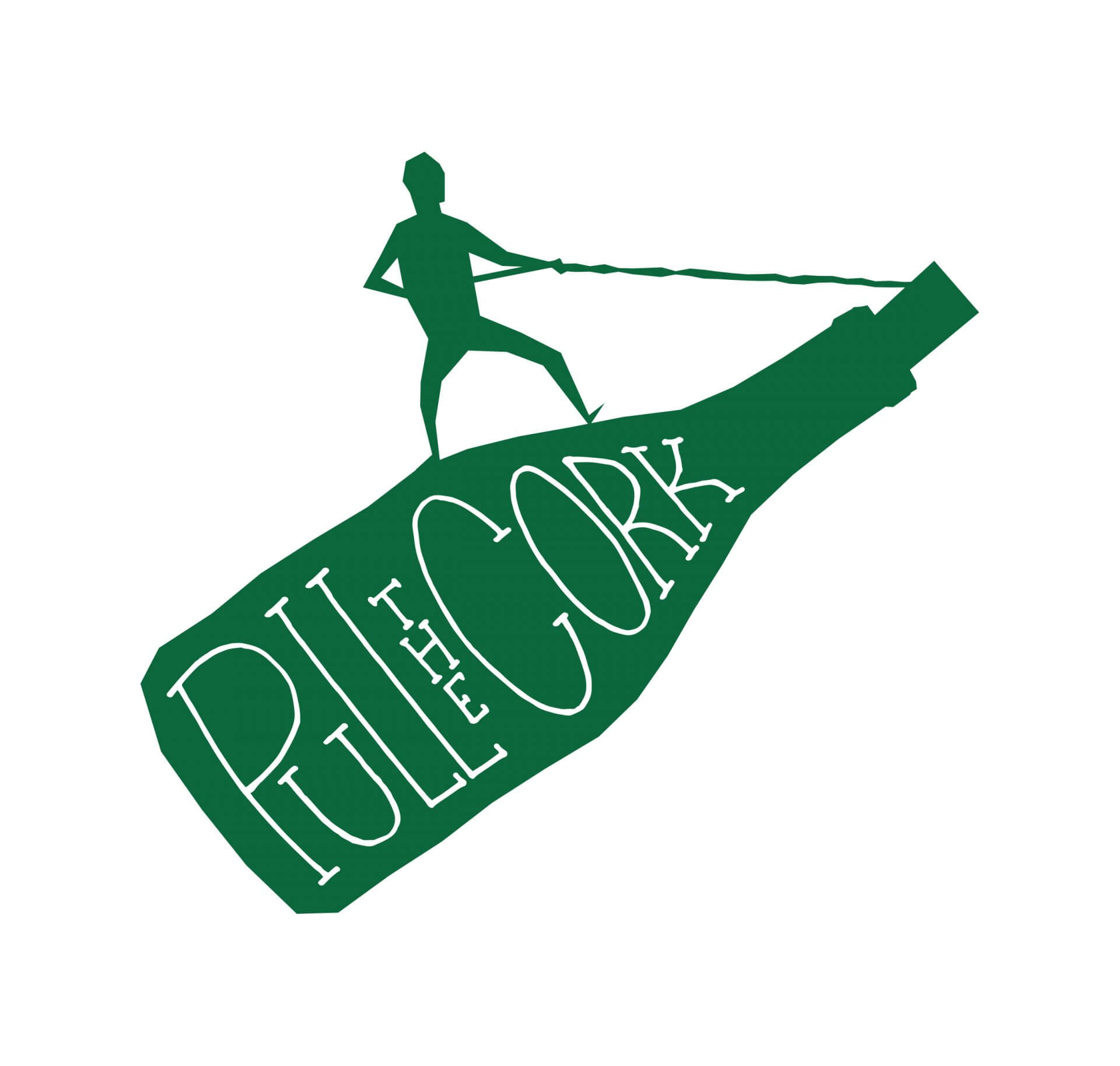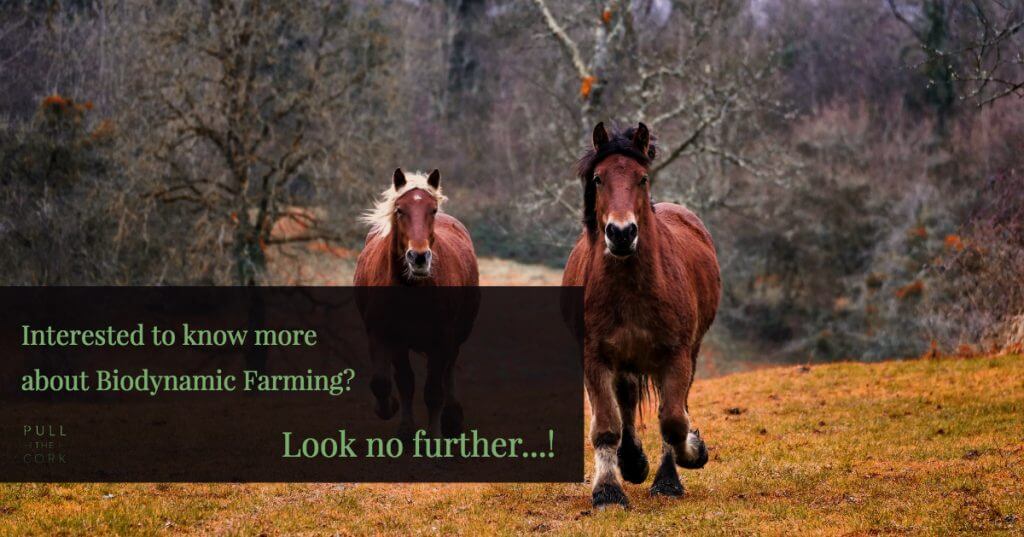Low Intervention Wines, Sustainable Winemaking
What Is Biodynamic Farming In The Vineyard?
Biodynamic farming is all about the complete sustainability package.
For biodynamic farmers, agriculture is a sacred endeavour and the foundation for all well-being. The roots are ecological, ethical, social and spiritual. The aim is to regenerate the health and vitality of the soils, gardens and land; the integrity of our food; and the health and wholeness of the communities.
What is biodynamic farming?
The Biodynamic Agricultural Association describes it as the following:
The aim of biodynamic farming and gardening is to revitalise nature, grow nourishing food and advance the physical and spiritual health of humanity. Each biodynamic farm or garden is conceived of as an organism with its own individual qualities and diversity of life. Reliance on home produced compost, manures and animal feed is a key objective and external inputs are kept to a minimum.
Following the teachings of Rudolf Steiner, the winemaker will have a so-called closed-loop agricultural approach. Taking everything into account – what nature has to offer and balancing these so that all elements are working together to produce the best wine the terroir can produce.
This includes:
- working and fertilising the land using animals
- creating biodiversity
- introducing plants and insects to battle disease and pests
- applying homeopathic methods to the soil, plants and animals to increase their immune system
- a healthy winemaking process in relation to the interplay of the cosmos and earthy influences such as El Nino, global warming and others.
In one of our recent blogs we wrote on biodynamics in wine; Don’t stop here, discover the secrets of biodynamic wines.
What are biodynamic phases in farming?
There is a lot of confusion about the biodynamic phases. Biodynamics is basically a modern-day word for ancient techniques and choosing the suitable times and elements is, therefore, the crucial part of this ancient technique.
These techniques are used to heal the earth.
- Each month the moon moves through all twelve constellations of the zodiac. This is referred to as the moon’s sidereal cycle and forms the basis of the biodynamic calendar.
- Since the ancient times, the twelve zodiac constellations have been associated with the each of the four elements: Earth, Water, Air, and Light.
- Three constellations are connected to each element, and each element is related to the plant: Earth – root | Water – leaf | Air – flower | Fire – fruit.
As explained by the Organic Wine Journal;
In biodynamic farming, the strategy is not to feed the plant but instead to feed the soil. That way you get a more consistent growth cycle, and the vines are much stronger and also have a higher disease resistance, which for the farmer is a huge priority. A plant that can root itself in good soil will follow the cycles of nature very closely; break bud at the spring equinox, flower at the summer solstice, harvest close to the fall equinox, and have dormancy close to winter solstice. All of these activities are manipulated when you use artificial fertilisers.
What’s the difference between organic and biodynamic farming?
All biodynamic farmers and growers practice organic methods which share a very similar certification standard.
Both Organic and Biodynamic farming share similar aims and ideals, but the biodynamic approach has metaphysical and spiritual roots that organic farming does not have.
It is this that makes biodynamic farming distinctively different in both its approach to agriculture and its farming practices. This winemaking process and approach is also the main reason why biodynamic wines are vegan wines whereas organic wines are not necessarily suitable for vegans.
The role of the biodynamic winemakers
As we mentioned above, the winemaker will have a so-called closed-loop agricultural approach, this approach applies purely natural farming techniques, wherein organic farming you would usually buy in additional supplies, but in biodynamic farming, they merely create their own by keeping everything in the farming practice as sustainable as possible.
Biodynamic farmers literally create everything they need, whether it’s composting for the growth of the vines or herbal and mineral remedies for the improvements of the vines and the land – these farmers keep to their strict methods.
Explore our biodynamic wines!
This approach may sound pretty extreme to most of us city dwellers, but we have some rather tasty examples of biodynamic wines in our wine shop. Also, when you choose biodynamic wines, you are also choosing low sulphur or sulphite free wine and low sugar wines. Plus, if you’ve been wondering can diabetics drink wine at all, the answer is yes, and biodynamic wines are definitely on that list.
If you’re looking out for these wines, and don’t know what to look for – just make sure you find bottles that have the DEMETER badge on the bottle.

If you wish to stick to the classics – red or white wine is always a good choice. Take a recommendation from us – these wines are an expression of purity.
Progetto Calcarius Hellen 2019 – the perfect red!
Gut Oggau Weinland Timotheus 2018 – the delicious white!
Thanks to our stunning offer, you can enjoy a variety of wines that caters to every need. You can even try something new and buy orange wine. We suggest trying delicious Xarel-lo!
To your good health. Cheers!

